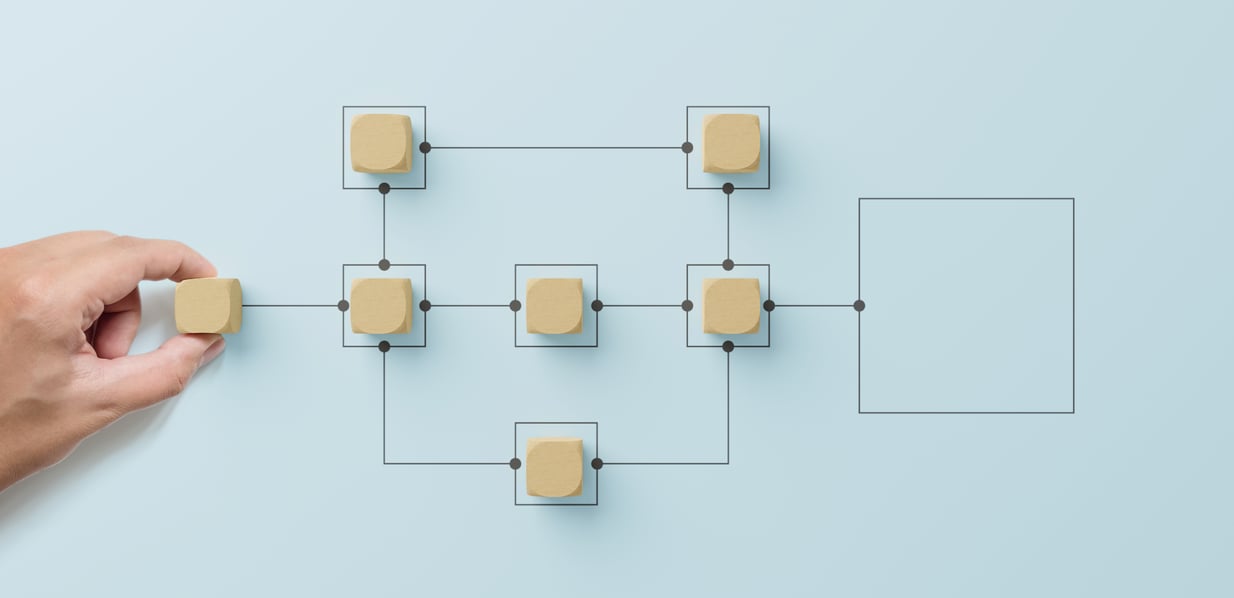Exus Blog Article
How to streamline debt collections across multiple debtor accounts

In the UK today, 46% of people have more than one credit card. An additional 12% (6.4 million people) have used multiple forms of debt, such as credit cards, overdrafts, and loans, since March 2020.
While keeping a low debt balance across multiple accounts can perhaps make borrowing feel more manageable, in the long term, it can make accounts a lot more difficult for debtors to pay off.
Here’s why debtors having debts across multiple accounts can be a problem - and how software can help you better understand your debtors’ financial situations and offer better support for repayment.
The problem with multiple accounts
For debtors, spreading debts across multiple accounts can make it difficult to keep track of which balances are due by when and which payments to prioritise. They then risk falling even further into debt as a result of missing payments.
Additionally, if they have low balances across multiple accounts, they might be tempted to spend the remaining balance on those accounts as they don’t have a full view of the debts across their other accounts.
Equally, debtors holding multiple accounts is a challenge for debt collectors. It can be difficult to assess a debtor’s financial situation and determine what’s realistically possible for them to pay off if you don’t have a complete view of all their debts.
How debt collection software can help
Debt collection software goes a long way towards solving the problem, as it allows lenders to consolidate accounts and see the wood for the trees, as it were.
A good debt collection software solution should be able to integrate debtor accounts in a matter of minutes while also providing a range of potential collections strategies that make the best use of lender resources.
It should also be able to tell you which account you should be prioritising, and which account a debtor is more likely to pay towards.
Streamlining the debt collections cycle not only makes it shorter but makes it more efficient and with debts due to spiral in the coming months, efficiency in the process is going to be more important than ever before.
Help debtors prioritise their debts
With good debt collection software, you can assess your debtors’ full financial situations, consolidate debts, support them to prioritise which accounts to pay off and manage their payment plan.
If you found this article useful, feel free to take a look at our new eBook Six trends shaping debt collection in 2023 and beyond, where we outline why debtor-centric collection is so important, how we can work with AI to improve the collections process, and more.
